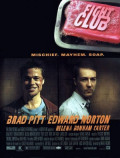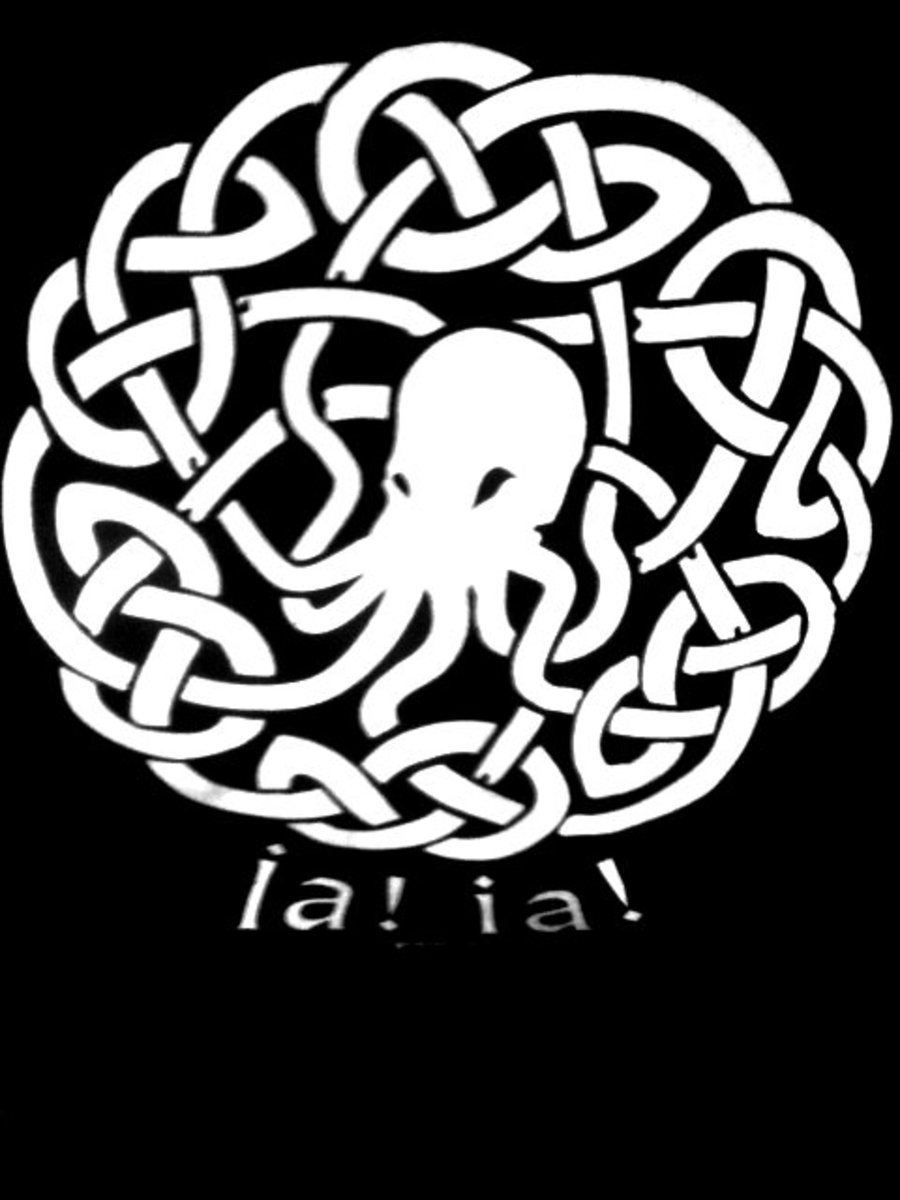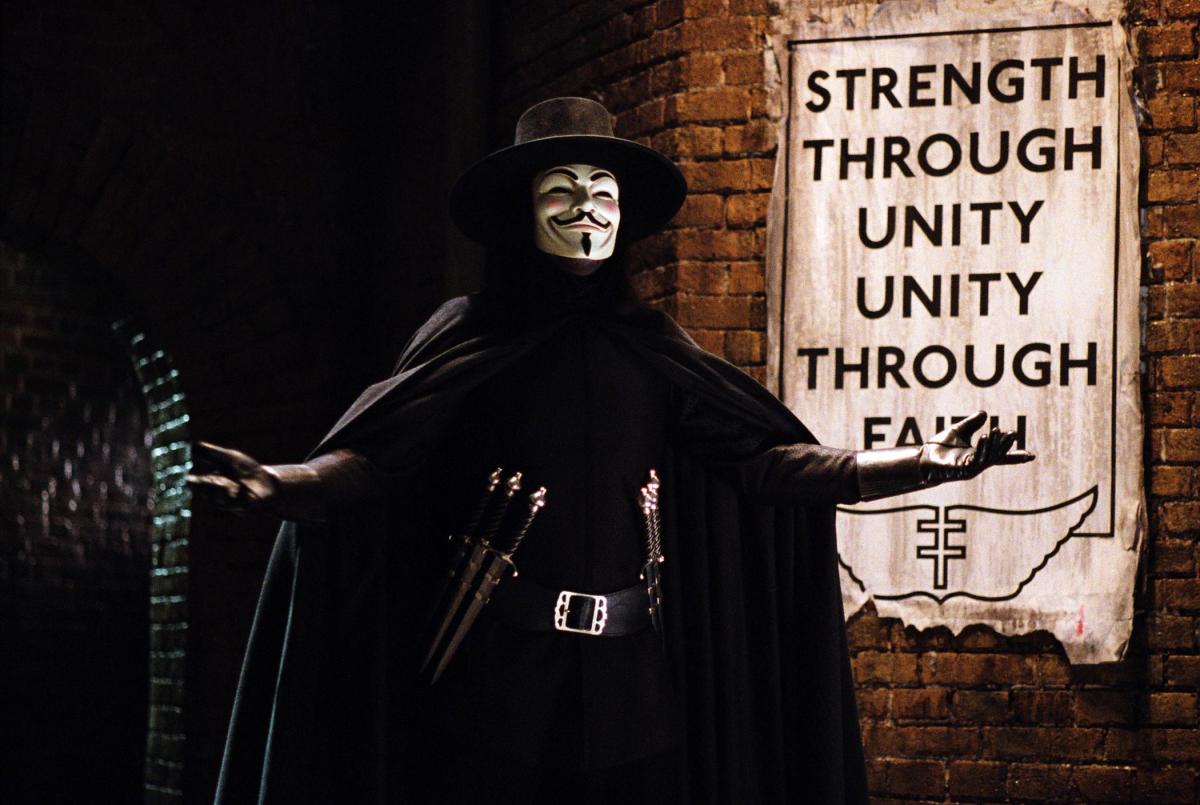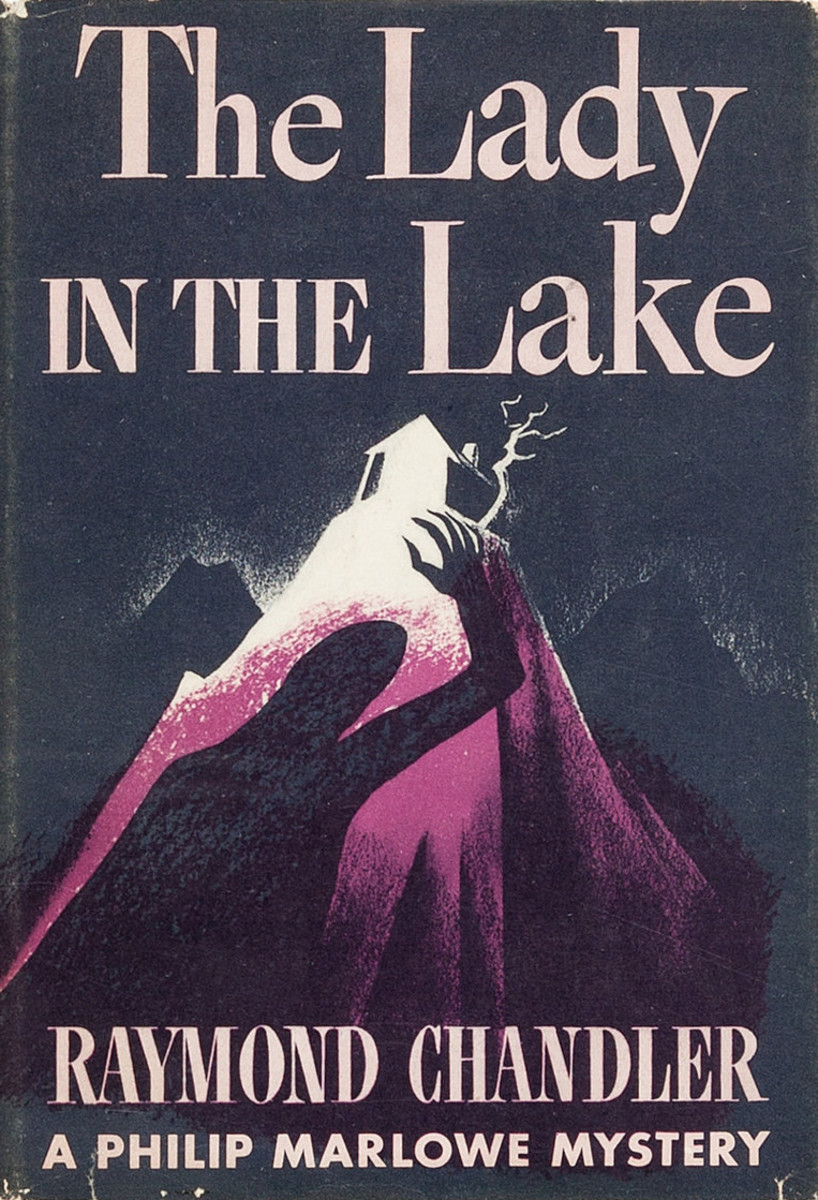The Fight Club of the Self: Transgressive Fiction and the Lonely Journey of the Genre's Protagonists
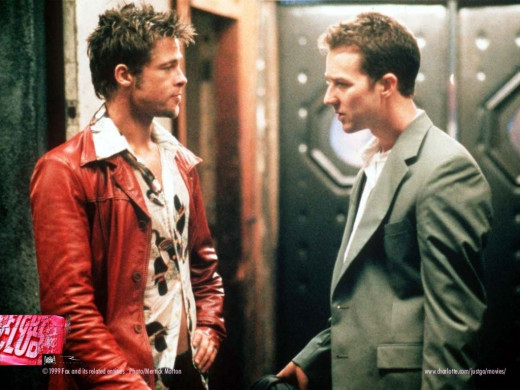
Surviving amidst and fighting against societal rejection.
Chuck Palahniuk, Bret Easton Ellis, Douglas Coupland, and even Anthony Burgess have been called leaders of the transgressive fiction movement. They never had intentions of starting a specific movement, as they simply wrote what they wrote. Now, their writings give now way to a defining and categorizing literary umbrella term.
What exactly is this oddball literary movement, and how did such bizarre prose rise from out of the underground?
Transgressive fiction has been with us for decades upon decades. Dostoyevsky's 19th century work is sometimes considered the initial prose launching pad. In modern times, no real consensus exists about the merits of more famous works in the subgenre. Some critics and more than a few unsuspecting readers utterly despise it. Then, there are followers who espouse transgressive works as having more than mere literary merit. They see transgressive novels as a pathway to intellectual and spiritual awakenings with each reading.
No, transgressive (aka transgressional) works are not for everyone. Novels in the genre draw their infamy by centering on characters who might be classic antiheroes to some while others find the characters (and the authors of the works) appalling.
If the wrong people are appalled, then the transgressive author is doing his or her job as intended. More than likely, it is a "he" doing the job since this type of fiction is written by guys and geared towards a very male-oriented audience.
In and Out of the Box: Alienation and the Transgressive Antihero
Defining transgressive fiction is not all that difficult since a consensus of these works focus on social outcasts and misfits who rebel against a society they feel alienated. Regardless of their motivations, the characters are lashing out at perceived and, perhaps, legitimate slights and wrongs. We see this in novels such as Fight Club and their progeny.
Fight Club is a work in which everyone is aware of the premise, but few really delve into the themes.
The narrator of Fight Club must attend a support group for cancer survivors to cure his insomnia. His therapist advises him to do this in order to "see what real suffering is like" since insomnia is a decidedly not serious condition. Consider the dark humor of Palahniuk reflective of the common refrain the disaffected feel: others just do not get them. The pain a person may feel is not real to someone else but it is real to the person who suffers. Feelings of alienation emerge here. Joining the cancer support group reflects the attempts to make a connection, albeit a false one, since a mask must be worn to join the venture.
The true pain of the transgressive antihero is one of alienation. Or, more accurately, the pain derives from the pain of perceived alienation.
Being Outside of Society While Being Part of It
The antihero protagonists found in transgressive fiction works do not live outside of society. Unless they have the ability to live on an astral plane, they are just as a part of society as everyone else. However, they do not follow the rules or established social norms. The way they do this can vary. In Fight Club, we see anarchistic behavior targeting troubling consumerism. In American Psycho, the main character suffers a mental breakdown and goes to the extreme of becoming a serial killer. The characters may perceive themselves as being outside of society, but the consequences of their actions are the result of their utter inability to fit into society due to their mental neuroses.
Trying to live outside of societal norms may provide a sense of rebellious satisfaction, but this only lasts for the short term. Eventually, the inability to survive in society brings forth self-punishment. In the transgressive film The Mechanic, the assassin Charles Bronson seeks to be someone who lives outside of established norms. He is punished by the loneliness of the life he was chosen. He is lonely because he exists in a society that has far different rules than those he lives. In the real world, being an assassin is being a murderer and not an antihero.
The further you go outside of society, the harder it becomes to return. That's the curse of the transgressive hero.
The Damaged Love The Book
In his bizarre novel Snuff, Palahniuk noted that the ''damaged love the damaged''. An argument could be made this is the same reason audiences read transgressive fiction. Those with varying degrees of damage may be attracted to such bizarre works because they see the world through the same lens of the outsiders (male or female) who are the common protagonists of these novels. Does this mean that all readers of transgressive fiction fit this mold? No, there are many readers who merely attracted to the dark humor of transgressive work. The decidedly politically incorrect material does offer a change from other forms of bland popular culture. Not everyone who reads such material is a loner, miscreant, or social misfit along the lines of the protagonists of the work. Are some of the reader people who fit this description? I will answer the question in a Zen manner. Simply witness.
There is a reason why transgressive fiction sells consistently but is never going to be a genre with a title capable of selling three million copies. The average reader of popular fiction is turned off by the material in the book. The fervent followers and readers of transgressive work are a smaller group of passionate followers; and they are, of course, the outsides found at the center of transgressive fiction.
Alienation also loves the alienated. Someone seeing him/herself as a transgressive antihero almost often seeks a subculture that pokes its finger at acceptable popular culture. Anyone who may not agree with this assessment merely has to attend a horror movie or comic book convention. Transgressives abound, and they are congregating in a collective subculture that seeks to remove itself from society. This is the proverbial fool's errand. You cannot remove yourself from anything when you are in the lobby of a major hotel chain. All you are doing is basking in the shadow of it and remaining willfully blind to what exists around you.
Being alienated from something means you have to be close enough to experience it but are too detached from it to make an actual connection.
The Transgressive Hero Wants What He Sees Everyday
A great deal of anger felt on the part of the transgressive protagonist is he/she does not want to be in the role being played. The character would like nothing more than to crossover into mainstream culture and become part of it and be accepted by it. No one likes being alienated, and, in truth, the protagonists seldom hide their desires and longing for normal lives and relationships. In Invisible Monsters, we see the desire for acceptance on the part of Shannon McFarland as her face is disfigured, and she assumes a host of different roles throughout the book, continuing a facade to allow her to be accepted by society. Ironically, her previous career as a model served a similar purpose.
There are, of course, easier paths in life that can lead to better acceptance and social peace and harmony. So, why do the protagonists of these works just not cease wallowing in their own antisocial behavior and try to establish normal relationships?
The tragic answer is they are unable to do so. Their psychological state and social dysfunction are traits that not only define them, but provide a cage they cannot escape. In more satirical works such as Fight Club or Choke, the characters act out in bizarre anarchistic means. In the dark worlds of Less Than Zero and American Psycho, the characters degenerate into becoming sociopaths. Either way, the ability to free themselves from the cage they have put themselves becomes harder and harder, and their actions make the proverbial hole deeper and deeper.
To a degree, their actions are symbolic of the way many people pull out of the mainstream and allow themselves to become swallowed up by a subculture. What may have started as a means of finally being able to connect with others becomes "alienation by collective." This outcome is the crux of Fight Club, and, later in the novel/film, the main character eventually finds himself isolated and alienated again as the mental rush, collective experience, and kinsmanship gained from the Fight Club is transient at best.
The sad truth here is the transgressive antihero is simply a variant of the classic hero of a tragedy.

